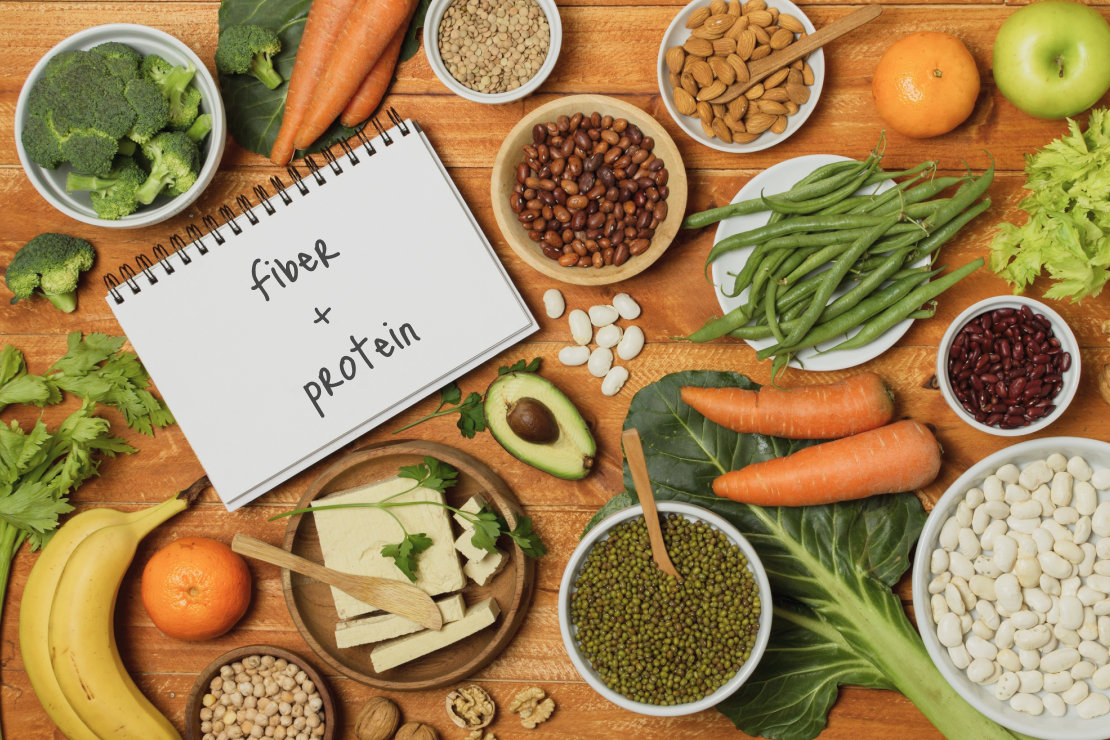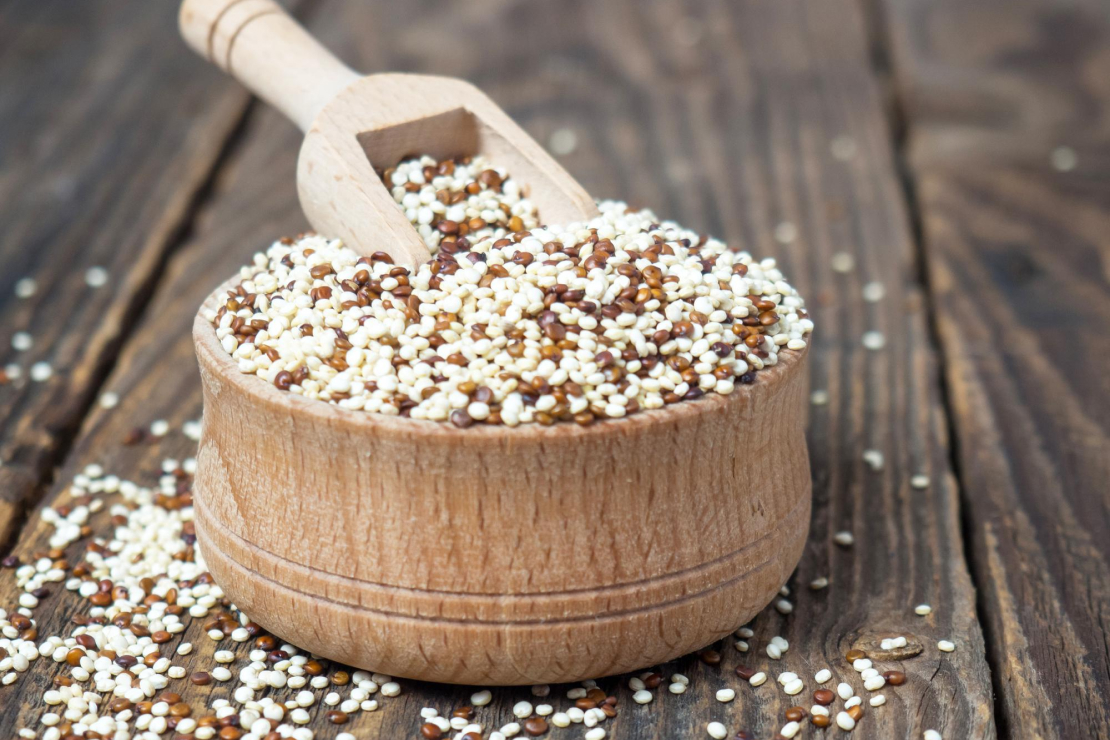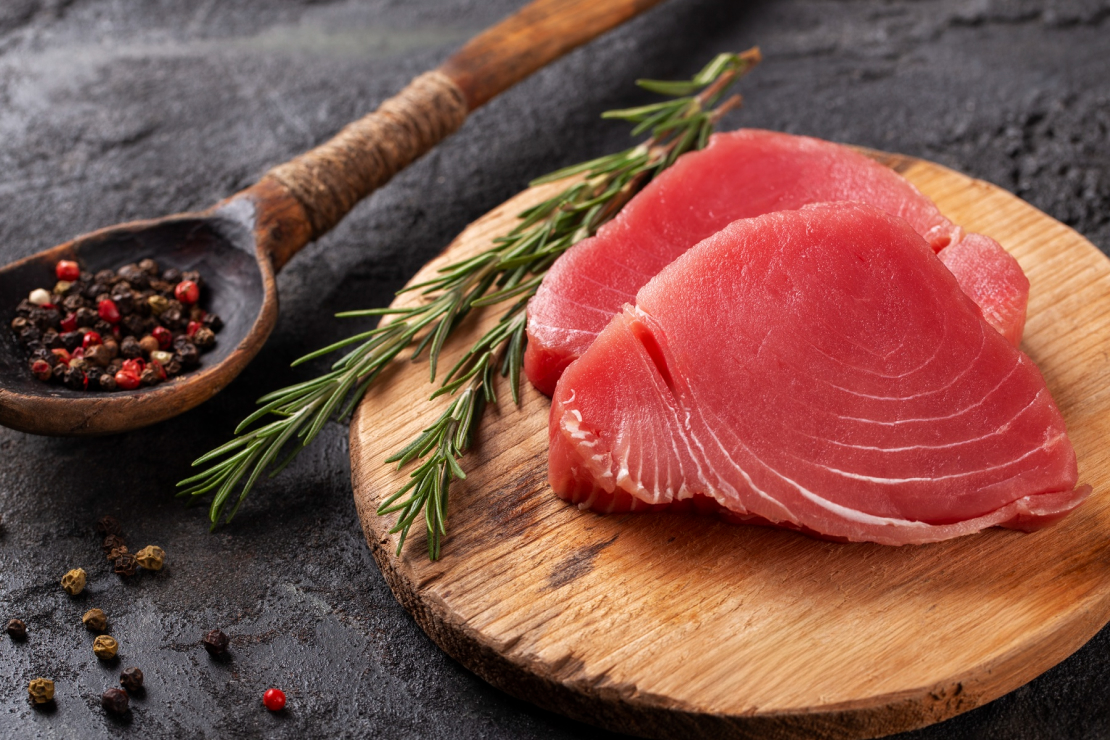Does Fiber Affect Protein Absorption? What Science Says About Timing, Digestion & Diet Balance
Discover the complex relationship between fiber and protein absorption, backed by scientific research. Learn how to optimize your nutrition timing and meal planning for maximum benefits.

Table of Content
Understanding the Fiber-Protein Connection
In the world of nutrition, both fiber and protein play crucial roles in our health, but their interaction has been a subject of debate. This comprehensive guide explores the relationship between fiber and protein absorption, helping you make informed decisions about your diet and nutrient timing. Understanding this interaction is crucial for anyone looking to optimize their nutrition, whether for muscle building, weight management, or overall health maintenance.
- Digestive interaction
Fiber can influence protein digestion speedMay affect enzyme access to protein molecules
- Nutrient competition
Shared digestive pathways and resourcesImpact on absorption rates and efficiency
- Gut environment
Fiber affects digestive pH and transit timeInfluences protein breakdown conditions
- Metabolic considerations
Effects on protein synthesis signalingImpact on amino acid availability
The Basics of Protein Absorption
Before diving into fiber's effects, let's understand how protein absorption works in your body. Protein digestion is a complex process that begins in the stomach and continues through the small intestine, involving multiple enzymes and transport mechanisms. This process is crucial for muscle building, tissue repair, and numerous other bodily functions.
- Enzymatic breakdown
Proteins are broken down into amino acidsPepsin in stomach initiates breakdownTrypsin and chymotrypsin in small intestine
- Small intestine absorption
Primary site of protein uptakeSpecialized cells called enterocytes90% of protein absorption occurs here
- Transport mechanisms
Active transport through intestinal wallsSodium-dependent amino acid carriersEnergy-dependent process
- Timing factors
2-6 hours for complete digestionPeak absorption at 1.5-3 hoursAffected by meal composition
- Absorption efficiency
85-95% of protein typically absorbedVaries by protein source and qualityIndividual digestive capacity affects rates
Types of Dietary Fiber and Their Effects
Different types of fiber can affect protein absorption in various ways. The relationship between fiber and protein is complex and depends on the specific type of fiber, its physical properties, and how it interacts with the digestive system. Understanding these differences is key to optimizing your nutrient intake and achieving your health goals.
| Fiber Type | Characteristics | Effect on Protein | Food Sources |
|---|---|---|---|
| Soluble Fiber |
Forms gel-like substance
Slows digestion Water-binding properties Fermentable by gut bacteria |
Moderate impact
May slow absorption 15-25% reduction in absorption rate Temporary effect only |
Oats, beans, apples
6-8g per serving Beta-glucans and pectins Daily target: 8-12g |
| Insoluble Fiber |
Adds bulk
Speeds transit time No gel formation Mechanical effects |
Minimal impact
Limited interaction May enhance protein utilization Supports digestive health |
Whole grains, vegetables
4-6g per serving Cellulose and lignin Daily target: 10-15g |
| Fermentable Fiber |
Feeds gut bacteria
Promotes gut health Produces beneficial compounds pH-modifying effects |
Indirect benefits
Improves absorption Enhances gut barrier function Supports protein metabolism |
Legumes, resistant starch
3-5g per serving Prebiotics and FOS Daily target: 5-10g |
Scientific Evidence: Does Fiber Block Protein?
Research provides important insights into the relationship between fiber and protein absorption. Multiple studies have examined this interaction, revealing that while fiber can influence protein digestion, its effects are more nuanced than previously thought. The impact depends on various factors including fiber type, timing, and individual digestive characteristics. Recent research has shown that moderate fiber intake may actually support protein utilization through improved gut health and metabolic function.
- Absorption rates
Only marginally affected by moderate fiber intake5-15% reduction with very high fiber mealsReturns to normal within 2-3 hours
- Timing effects
Most significant within first hour of consumptionPeak protein absorption at 90-120 minutesMinimal impact after 3 hours
- Overall impact
Minimal effect on total protein utilizationBody adapts to regular fiber intakeLong-term benefits outweigh short-term effects
- Individual variations
Depends on gut health and fiber toleranceGenetic factors influence responseTraining status affects protein needs
- Research findings
Multiple clinical studies support safetyNo significant impact on muscle growthMay enhance long-term protein efficiency
Protein Supplements and Fiber: What You Need to Know
When combining protein supplements with fiber, consider these factors:
- Mixing considerations
Timing and proportions matter
- Absorption window
2-3 hour optimal utilization period
- Supplement types
Different proteins have varying interactions
- Fiber content
Moderate amounts (5-10g) are generally safe
Special Considerations for Athletes and Bodybuilders
For those focused on muscle gain and recovery, here are key recommendations:
- Post-workout nutrition
Minimize fiber immediately after exercise
- Meal timing
Space high-fiber meals from protein supplements
- Daily planning
Balance fiber intake throughout the day
- Performance impact
Monitor energy levels and recovery
Optimal Meal Planning for Balanced Nutrition
Here's how to structure your meals for optimal nutrient absorption:
| Meal Timing | Protein Focus | Fiber Content | Recommendations |
|---|---|---|---|
| Breakfast |
20-30g protein
Eggs, Greek yogurt |
5-8g fiber
Whole grains, fruit |
Balance both nutrients
Focus on slow-release energy |
| Post-Workout |
25-35g protein
Whey protein, lean meat |
Minimal fiber
Under 5g |
Prioritize protein absorption
Quick digestion focus |
| Evening Meal |
20-25g protein
Fish, poultry |
8-10g fiber
Vegetables, legumes |
Balanced combination
Support overnight recovery |
Fiber-Rich Foods That Support Protein Absorption
These foods provide both fiber and complementary nutrients for protein utilization:
- Quinoa
Complete protein + fiber source
- Lentils
High in both protein and fiber
- Chia seeds
Omega-3s support protein synthesis
- Green vegetables
Provide enzymes for protein digestion
Frequently Asked Questions
Can fiber block protein absorption completely?
Should I avoid fiber when taking a protein shake?
Does psyllium husk prevent protein absorption?
What's the best time to consume fiber and protein for muscle gain?
- Post-workout: Focus on protein, minimize fiber
- Other meals: Balance both nutrients
- Before bed: Moderate fiber with slow-release protein
- Morning: Include both for sustained energy
Can high-fiber diets still support muscle growth?
"The relationship between fiber and protein absorption is more nuanced than previously thought. While timing matters, both nutrients are essential for optimal health and can be effectively combined with proper planning."
The Bottom Line
While fiber can influence protein absorption, the effect is generally minimal and manageable through proper meal timing and planning. The benefits of both nutrients far outweigh any potential minor interactions. Focus on maintaining a balanced diet that includes adequate amounts of both fiber and protein, adjusting timing when needed for specific goals like post-workout recovery or muscle gain.
Remember that individual responses may vary, and it's important to listen to your body while maintaining a consistent, balanced approach to nutrition. The key is finding the right balance that works for your specific needs and goals.
Start Your Health Journey Today
Download Macro Tracking AI and take control of your nutrition with the power of artificial intelligence.
Download on App Store

